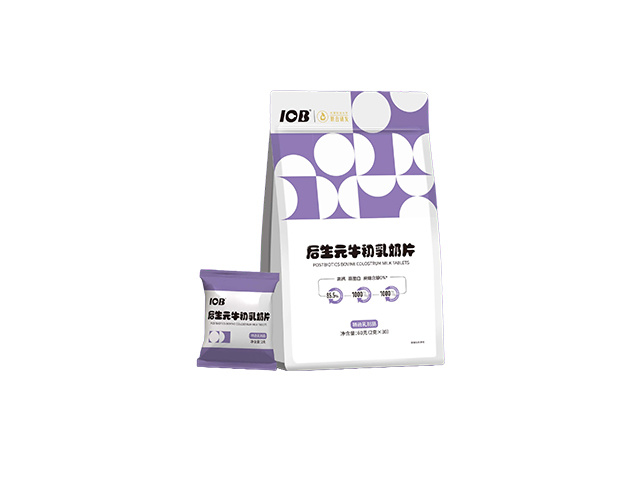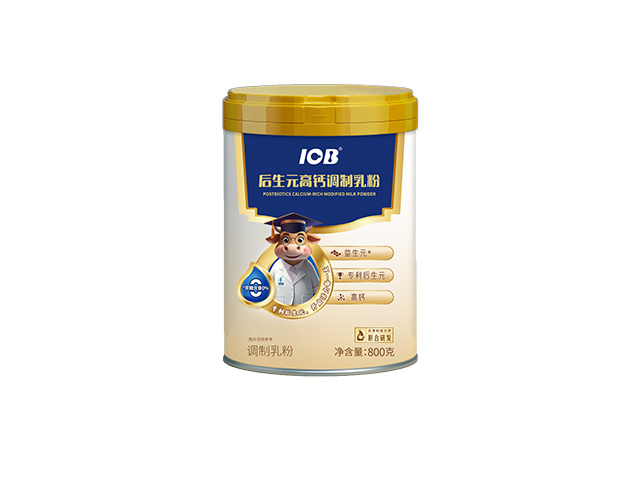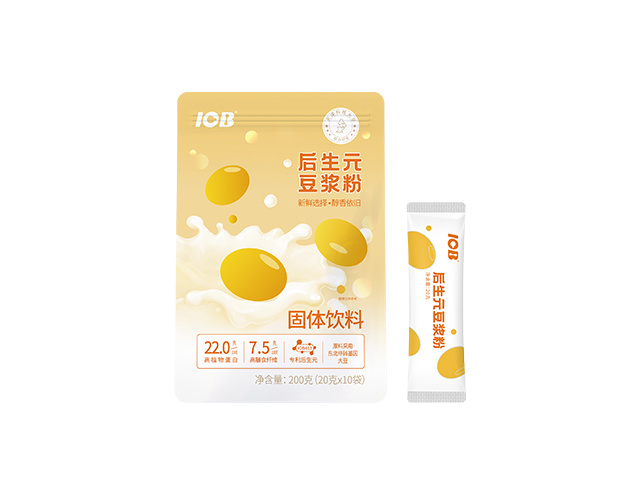- All
- Product Management
- News
- Introduction
- Enterprise outlets
- FAQ
- Enterprise Video
- Enterprise Atlas
Yijun Shi
Key words:
Yijun Shi
Classification:
Product Introduction

【Product Name】Yijun Shiyi Probiotic Natto Solid Beverage
【Main Ingredients】Soybeans, Oligofructose, Hemp Seeds, Natto Bacillus, Bacillus Coagulans, Lactobacillus Paracasei, Lactobacillus Plantarum, Bifidobacterium Animalis, Bifidobacterium Longum, Flavoring, Sucralose
【How to Consume】Ready to eat upon opening or dissolve in warm water below 40℃
【Recommended Daily Intake】Once a day, one bag each time
【Food Production License Number】SC10612011610773
【Storage Conditions】Store at room temperature indoors; refrigeration or freezing is better
【Shelf Life】24 months
Company-specific strains are preserved at the Microbial Culture Collection Center of the Chinese Academy of Sciences
Natto Bacillus (IOB430) CGMCC No.16024
Bacillus Coagulans (IOB502) CGMCC No.1 6025
Lactobacillus Paracasei (IOB701) CGMCC No.1 6077
Lactobacillus Plantarum (IOB602) CGMCC No.16021
Bifidobacterium Animalis (IOB413) CGMCC No.1 6022
Bifidobacterium Longum (IOB402) CGMCC No.1 6028
Bifidobacterium Adolescens (IOB506) CGMCC No.16026
Chinese Utility Model Patent, Patent Number:ZL201821157603.2
Previous:
The next one:
Related Products
Immediate Consultation
If you are interested in our products, please leave your email, we will contact you as soon as possible, thank you!






